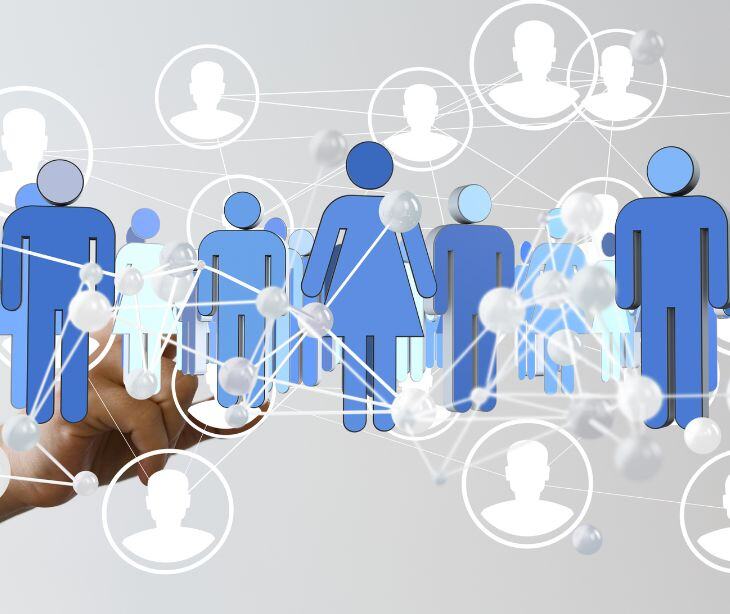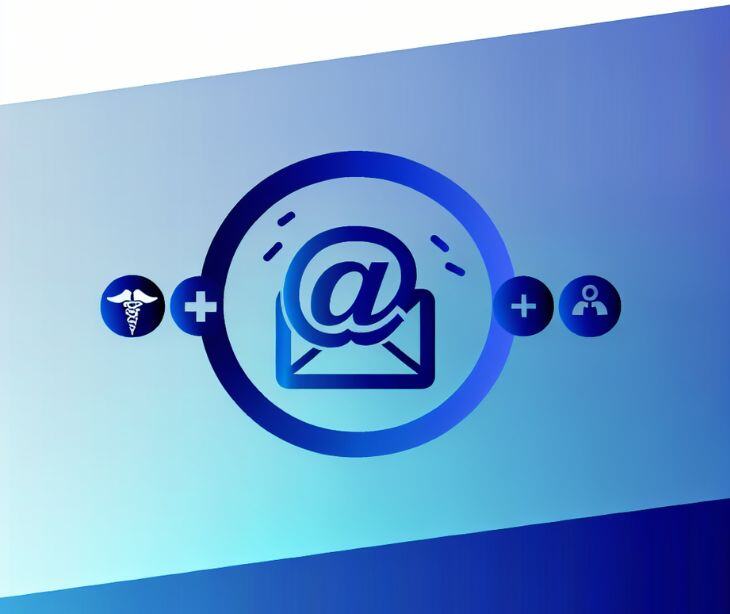3 min read
The benefits of using email in community psychological practices
Kirsten Peremore
July 11, 2024

Community psychology helps create healthier, more resilient communities. This feat is achieved by allowing for the benefits of psychological practices to reach all members of society and contribute to a supportive and inclusive environment where everyone can thrive.
The nature of community psychological practices
Community psychology is the branch of psychology that focuses on understanding individuals within their social and community contexts. A study titled, Community Psychology Perspectives on Social Capital Theory and Community Development Practice, provided the following introduction to the US perspective on community psychology, “The roots of community psychology in the United States lie in the social and political changes of the community-based civil rights, anti-poverty, and deinstitutionalization movements and programs of the 1950s and 1960s.” This practice often includes conducting needs assessments, facilitating community meetings, and developing prevention and intervention strategies tailored to specific community needs.
Community psychology provides a link between individual therapy and broader public health initiatives. It works hand in hand with various forms of healthcare, such as primary care, mental health services, public health campaigns, and social services. Community psychologists collaborate with a diverse range of stakeholders, including local governments, nonprofits, schools, healthcare providers, and community organizations.
The practice's success relies on the collective efforts of several parties. Community members provide valuable insights and grassroots support. Policymakers help enact systemic changes that support mental health initiatives. Healthcare professionals integrate psychological principles into their practice to better serve community needs. Researchers evaluate the impact of community-based programs to ensure they are evidence-based and effective. Together, this allows for the effective implementation of community psychology.
How email can be used
Communication allows practitioners to effectively engage with communities and stakeholders. It allows for the exchange of information, ideas, and feedback that assists in developing interventions that are responsive and culturally attuned to the community's needs. Effective communication within community psychology helps in gathering valuable insights from community members.
Email, in particular, allows for clear, concise, and easily accessible exchanges between all parties involved, including community leaders, healthcare providers, psychologists, and policymakers. These stakeholders often have demanding schedules, making it difficult to coordinate face-to-face meetings. Email addresses this challenge by enabling asynchronous communication, meaning stakeholders can read and respond to messages at their convenience.
The benefits that follow
- Email platforms allow for scheduling messages to be sent at future dates and times. This feature is invaluable for community psychologists, who can time their communications to coincide with specific phases of community projects or interventions, ensuring messages are both relevant and timely.
- Using email to distribute surveys and questionnaires facilitates the collection of community feedback. This data can be directly imported into analytical tools for rapid processing, enabling psychologists to quickly assess and adapt to community needs and responses.
- Email threads help maintain organized discussions among large groups of stakeholders. This can be especially useful in community psychology when managing multiple input streams on a particular issue, allowing for an orderly review of opinions and suggestions.
- Many email platforms offer integrations with project management tools and databases. This integration can streamline the workflow in community psychology projects by automating updates and task assignments based on email communications, enhancing project coherence and coordination.
- HIPAA compliant email systems, like Paubox, have features like Paubox Forms that can help manage consent forms and other legal documentation necessary for ethical compliance in community psychological research and interventions. Automated reminders for consent renewal or updates can be efficiently managed via email.
- Emails can be segmented and sent to specific subgroups within the community or among stakeholders, based on interests, roles, or involvement levels. This targeted communication ensures that messages are highly relevant and can address specific aspects of a project, enhancing engagement and effectiveness.
- Emails can be easily translated into multiple languages. This ensures that all community members can access and understand the content, regardless of their primary language, fostering greater inclusivity.
See also: Top 12 HIPAA compliant email services
FAQs
What is the purpose of consent under HIPAA?
The purpose of consent under HIPAA is to ensure that individuals are informed and give permission before their protected health information is used or disclosed for purposes other than treatment, payment, or healthcare operations.
What makes an email HIPAA compliant?
An email becomes HIPAA compliant when it includes encryption to protect the data, uses secure transmission methods, and ensures access control, audit controls, and integrity controls.
What is email segmentation?
Email segmentation is the practice of dividing an email list into smaller, more specific groups based on certain criteria such as demographics, behavior, or engagement levels.
Subscribe to Paubox Weekly
Every Friday we'll bring you the most important news from Paubox. Our aim is to make you smarter, faster.




